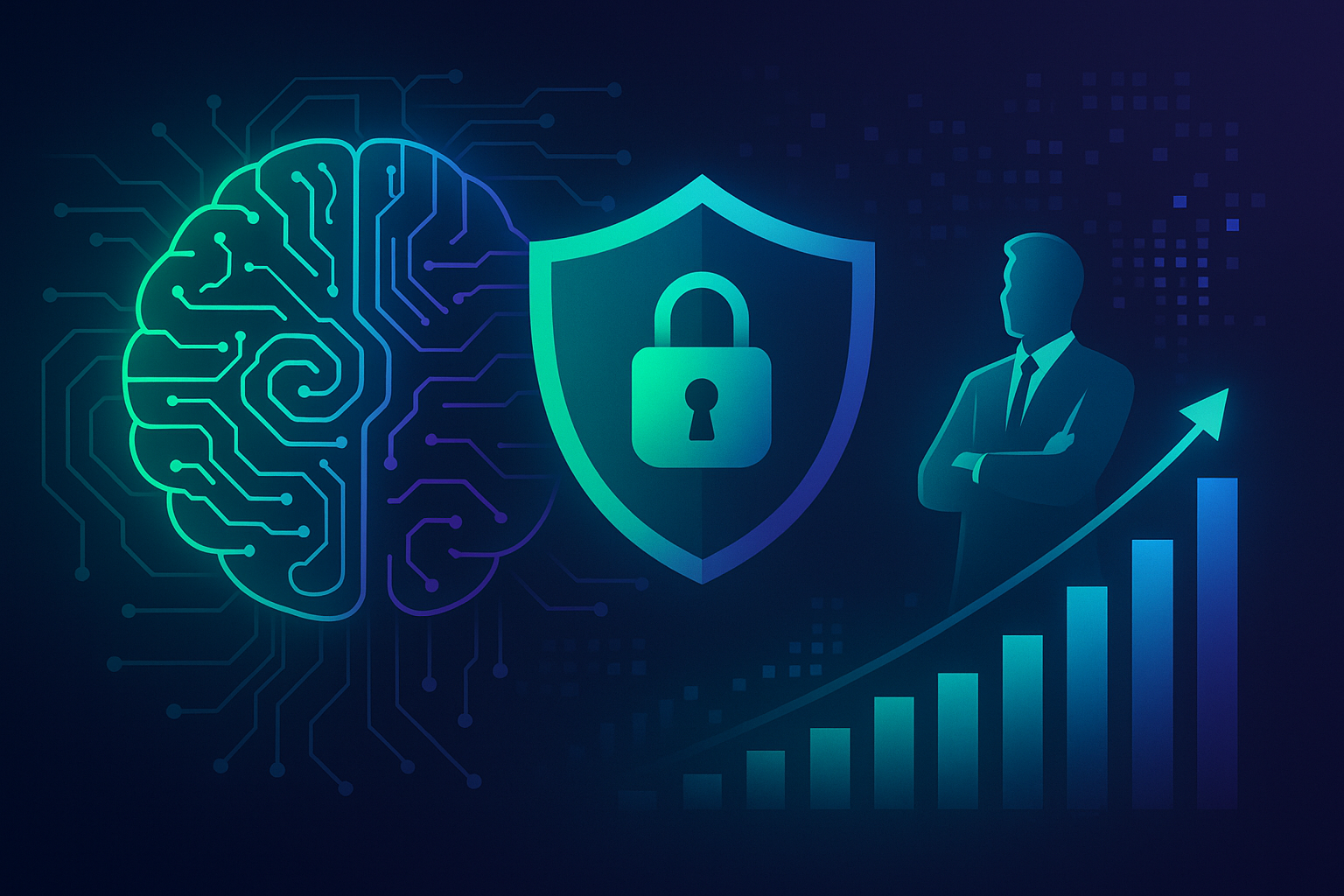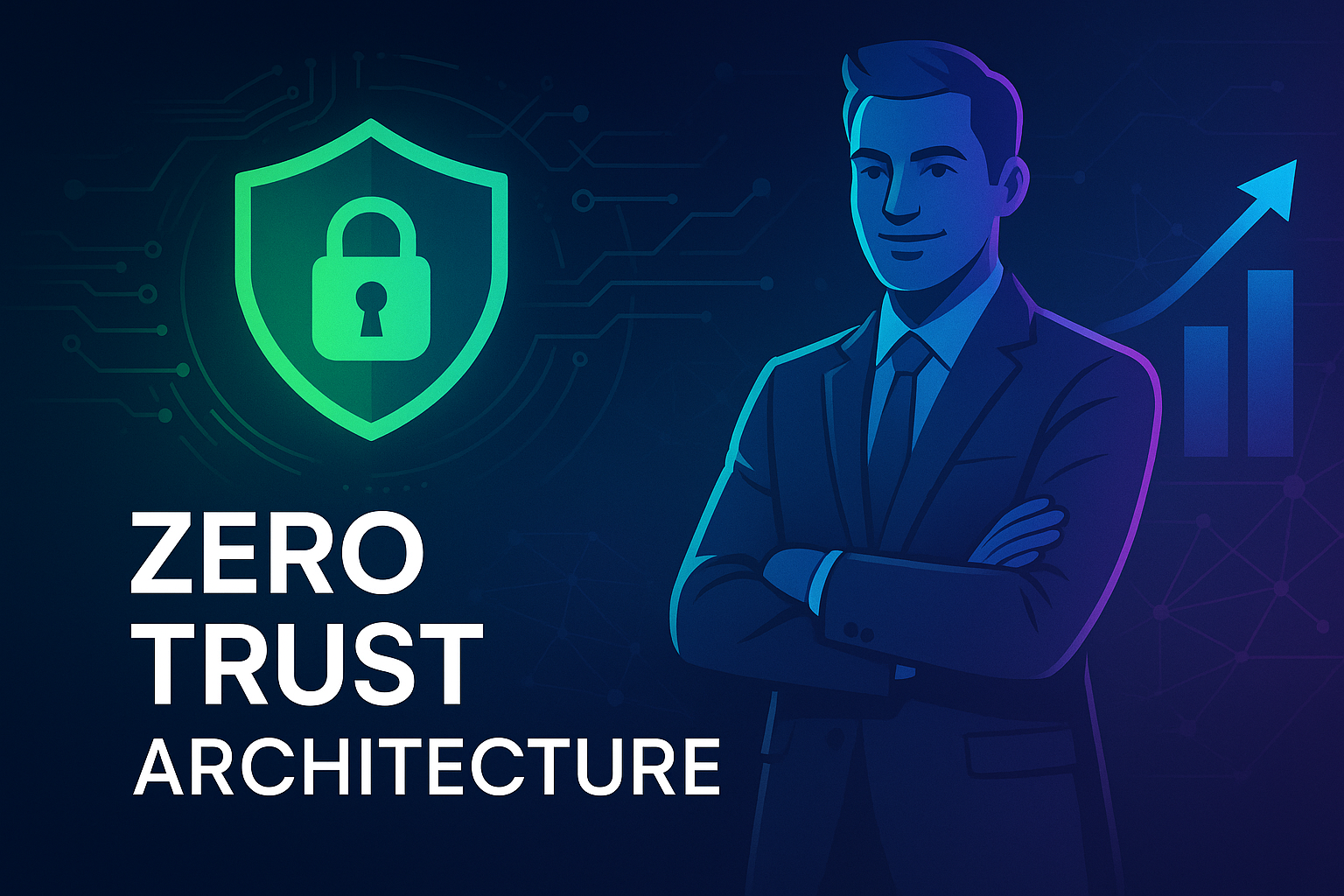Understanding the Wezrat Threat: Implications and Protections for Businesses
In the evolving landscape of cybersecurity threats, a recent discovery has captured the attention of security researchers worldwide: Wezrat, a sophisticated malware known for executing attackers’ commands remotely. This article delves deep into the functionalities of Wezrat, its potential risks to businesses, and the importance of bolstering cybersecurity measures in an increasingly digital world.
The Intricacies of Wezrat Malware
Wezrat, primarily focused on executing remote commands, poses significant dangers as it allows cybercriminals to infiltrate systems undetected. According to recent findings, Wezrat exploits vulnerabilities mainly in the Windows operating system, delivering malicious payloads via phishing attacks or infected downloads. Once deployed, it can execute a range of commands, access sensitive data, and potentially use stolen credentials for further exploitation.
This form of malware is particularly threatening due to its covert capabilities, allowing it to persist in compromised systems without triggering alarms in traditional antivirus software. The implications for businesses are substantial, as any unauthorized access to internal networks can lead to data breaches, financial loss, and reputational damage.
Preventing Wezrat-Related Breaches
Protecting against threats like Wezrat requires a multi-faceted approach. Companies must adopt robust cybersecurity strategies, integrating comprehensive protective measures to detect and mitigate these advanced threats.
Endpoint Detection and Response (EDR), Extended Detection and Response (XDR), and Managed Detection and Response (MDR)
EDR, XDR, and MDR services are crucial in identifying and responding to threats such as Wezrat. These systems provide continuous monitoring and response to advanced threats, using AI and machine learning to detect suspicious activity. Learn more about our EDR, XDR, and MDR services to understand how they can safeguard your organization against emerging threats.
Next Generation Firewall (NGFW)
An NGFW provides enhanced security by inspecting incoming and outgoing network traffic, effectively blocking threats like Wezrat before they reach critical systems. By combining traditional firewall capabilities with IDS/IPS, NGFWs offer a powerful tool against sophisticated malware. Discover the benefits of our Next Generation Firewall services to protect your organization’s network perimeter.
Vulnerability Management as a Service (VMaaS)
Given that Wezrat capitalizes on system vulnerabilities, employing VMaaS can drastically reduce the likelihood of exploitation. This service proactively identifies and remediates vulnerabilities before they can be leveraged by malware. Delve into the specifics of our VMaaS offerings to maintain a robust security posture.
SOC as a Service (SOCaaS) 24×7
A 24×7 SOCaaS solution ensures constant monitoring and quick response to threats, minimizing the window for Wezrat to execute harmful activities. Our expert analysts leverage SOC technology to detect, analyze, and respond to incidents in real time. Explore our SOCaaS services to strengthen your defense strategy.
Cyber Threat Intelligence (CTI)
Effective cybersecurity strategies rely on up-to-date intelligence. CTI services provide insights into threat actors and techniques, enhancing your ability to anticipate and deter attacks like Wezrat. Learn more about our CTI solutions and how they can improve your threat preparedness.
Data Loss Prevention (DLP)
Wezrat’s ability to access sensitive data underscores the need for robust DLP measures. By monitoring and controlling data flows, DLP tools ensure that confidential information does not fall into the wrong hands. Discover how our DLP services can protect your business-critical data.
Web Application Firewall (WAF)
For businesses with extensive web-based operations, a WAF is crucial to protect against application-layer threats and malware exploits. Our WAF solutions offer comprehensive protection for your web applications, blocking malicious traffic effectively.
The Broader Implications for Businesses
The discovery of Wezrat signals a broader issue within the realm of cybersecurity: the constant evolution and sophistication of cyber threats. European businesses, especially those operating in sectors such as finance, healthcare, and technology, are prime targets for cybercriminals seeking economic gain or corporate espionage.
Statistics reveal a worrying trend; the European Union Agency for Cybersecurity (ENISA) reported a 68% increase in cyber incidents over the past year alone, highlighting the urgent need for enhanced cybersecurity frameworks. Implementing the technologies and services outlined above is not only crucial for protection but also necessary for compliance with strict data protection regulations like the GDPR.
Conclusion: Taking Proactive Steps
The threat landscape is continuously evolving, with Wezrat being just one example of the many sophisticated threats businesses face today. By adopting a proactive approach with services like EDR, XDR, and MDR, NGFW, VMaaS, SOCaaS, CTI, DLP, and WAF, companies can significantly reduce their risk of falling victim to such attacks. Explore our comprehensive range of cybersecurity services tailored to meet the needs of modern enterprises.
Ready to step up your cybersecurity measures? Contact us today to discuss how Hodeitek can support your organization in safeguarding its digital infrastructure.






